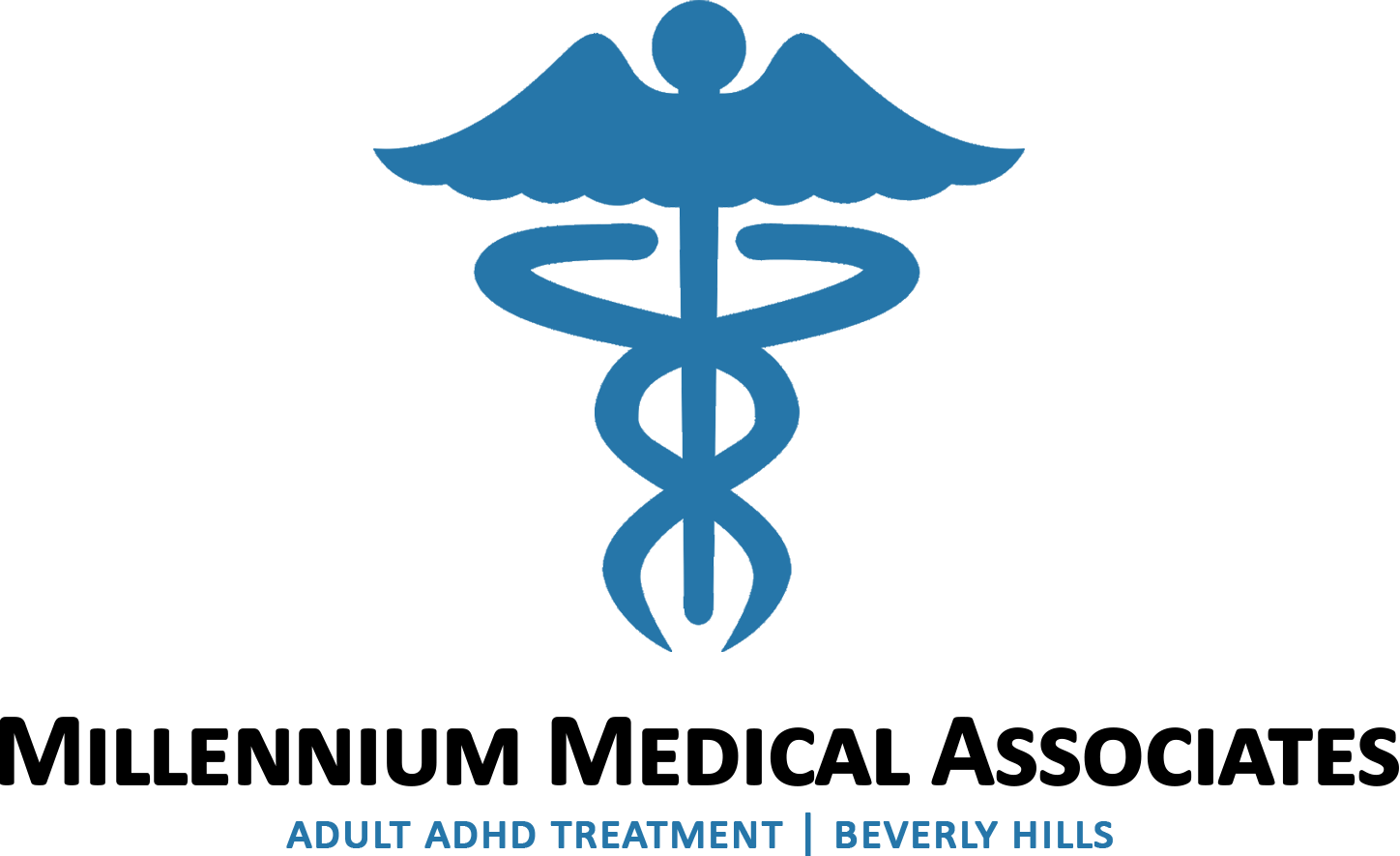What is Adult ADHD?
ADHD Affects Adults
Attention Deficit Hyperactivity Disorder or ADHD (previously called ADD) affects millions of American adults. Experts believe that up to 5.6% of adults between ages 18-44 have ADHD. As many as 3.5% of people over aged 50 have the disorder. Most of these people suffer in silence because only one in five adults with ADHD receives any diagnosis or treatment! The consequences of untreated adult ADHD include:
Higher rates of drug and alcohol abuse
Less likely to graduate from college
Lower paying jobs
More likely to need welfare
These issues impact more than just those who have ADHD. Untreated ADHD creates problems for families, businesses, and society at large! By raising awareness, we can reduce the stigma and help silent sufferers. Any adult experiencing ADHD symptoms should waste no time finding a doctor, getting evaluated for ADHD, and learning about ADHD treatment options.
Understanding ADHD Persistence from Childhood to Adulthood
For decades, healthcare providers believed that approximately 50% of children with ADHD would outgrow the disorder by adulthood. However, groundbreaking research from the Multimodal Treatment Study of ADHD (MTA) has challenged this long-held assumption.
A comprehensive 16-year longitudinal study published in The American Journal of Psychiatry followed 558 children with ADHD from childhood into young adulthood (average age 25). The findings reveal a dramatically different picture: only 9.1% of individuals with childhood ADHD achieved sustained recovery by young adulthood. This means that approximately 90% of children with ADHD continue to experience symptoms into adulthood, though these symptoms often fluctuate over time.
The study found that while about 30% of participants experienced full remission at some point during the follow-up period, 60% of those individuals later experienced a recurrence of symptoms. Most notably, the research revealed that 63.8% of participants demonstrated fluctuating ADHD, with periods of remission and recurrence over the 16-year span. This highlights that ADHD is a dynamic disorder rather than a static condition.
These findings underscore the critical importance of recognizing adult ADHD as a chronic condition requiring ongoing awareness, monitoring, and treatment. For adults who experienced ADHD symptoms in childhood, it's important to understand that periods of symptom relief do not necessarily indicate permanent recovery.
Adult ADHD Symptoms
Adults are not simply taller children. The human brain changes dramatically with age. For this reason, the most common symptoms for adults with ADHD tend to be different from what children experience. Adults tend to feel less bothered by hyperactivity-related problems like fidgeting or the need to stand or walk frequently. Compared to kids, adults have more trouble:
Avoiding distractions
Making hasty decisions
Stopping activities when someone asks
Starting projects before getting directions
Doing tasks in order and on time
Driving too fast
Keeping emotions in check
Staying organized or being prepared
Most of us can identify with a few of the items on this list, but someone with ADHD might be able to identify with several of them. If these problems feel a little too familiar, a doctor can help.
Diagnosing ADHD in Adults
Strange as it may seem, most doctors diagnose ADHD using nothing but a series of questions. During this interview, doctors rely on information from the DSM-V. This book houses research-based standards to help diagnose mental health problems. Doctors diagnose ADHD if a person meets the conditions outlined in the book. In clear-cut cases, people need no further testing.
ADHD Testing for Adults
However, sometimes doctors feel uncertain about whether someone meets the official standards for ADHD. In these cases, doctors have the option to use further testing. These tests include:
The Revised Conners' Adult Rating Scale
The Barkley Adult ADHD Rating Scale
The Wender-Reimherr Adult ADD Scale
The World Health Organization's Adult ADHD Self-Report Scale
Sometimes, doctors may request MRI films or EEG brain-wave studies. Rarely, doctors order blood tests to rule out other issues, but there is no blood test for ADHD.
Medical Treatment for Adult ADHD
Most of the time, ADHD treatment involves medication and behavior changes. Medication for ADHD usually includes prescription stimulant pills such as Adderall, Ritalin, or Vyvanse. In some cases, doctors may recommend non-stimulant drugs such as Strattera. No two people are exactly alike. And so, providers will work with their patients to find a treatment that fits. Outside of drugs, doctors help patients develop new habits or routines to address weaknesses caused by ADHD.
Adult ADHD Summary
ADHD impacts millions of adults in the United States, and up to 80% of adults with ADHD go undiagnosed and untreated. Recent research reveals that ADHD is a lifelong condition for the vast majority of individuals, with approximately 90% of children with ADHD continuing to experience symptoms into young adulthood. While symptoms may fluctuate over time with periods of improvement and recurrence, sustained recovery remains uncommon. Using what we just learned, we can help ourselves or our loved ones find help. Millennium Medical Associates can provide tools and resources to help adults thrive regardless of ADHD. If you feel that you might benefit from talking to a healthcare provider about ADHD, please make an appointment here.
References & Further Reading
Young JL, Goodman DW. Adult Attention-Deficit/Hyperactivity Disorder Diagnosis, Management, and Treatment in the DSM-5 Era. Prim Care Companion CNS Disord. 2016;18(6):10.4088/PCC.16r02000. Published 2016 Nov 17. doi:10.4088/PCC.16r02000
Sibley MH, Arnold LE, Swanson JM, et al. Variable Patterns of Remission from ADHD in the Multimodal Treatment Study of ADHD. Am J Psychiatry. 2021;179(2):142-151. doi:10.1176/appi.ajp.2021.21010032 https://psychiatryonline.org/doi/10.1176/appi.ajp.2021.21010032
